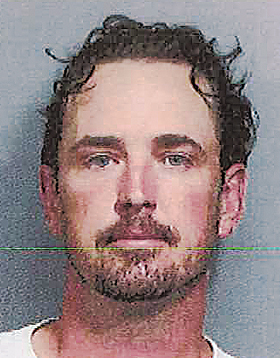359
A man accused of cyberstalking has been arrested.
James Alvin Scarborough, 34, of the 300 block of Dogwood Drive in Doyline, was arrested on Saturday, June 6, an
Doyline man arrested, accused of cyberstalking
previous post



